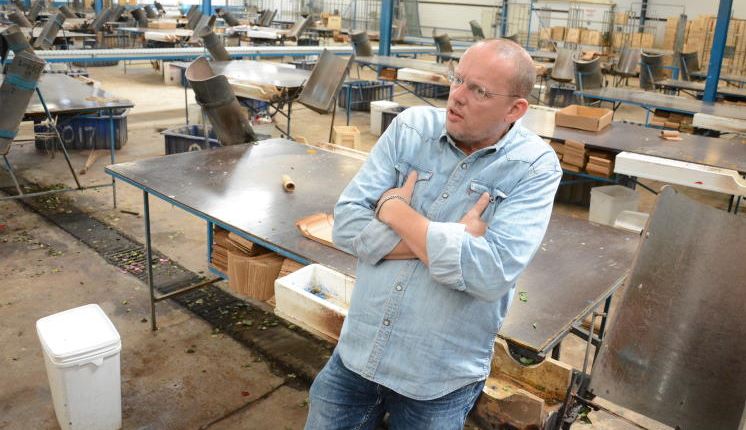×
The Standard e-Paper
Join Thousands Daily

It is amazing that the world is on a war footing over a virus, small and invisible.
We build nuclear bombs, buy guns and build walls around our homes, but we seem defenceless for now against an invisible virus. This virus seems to have finally humbled man.